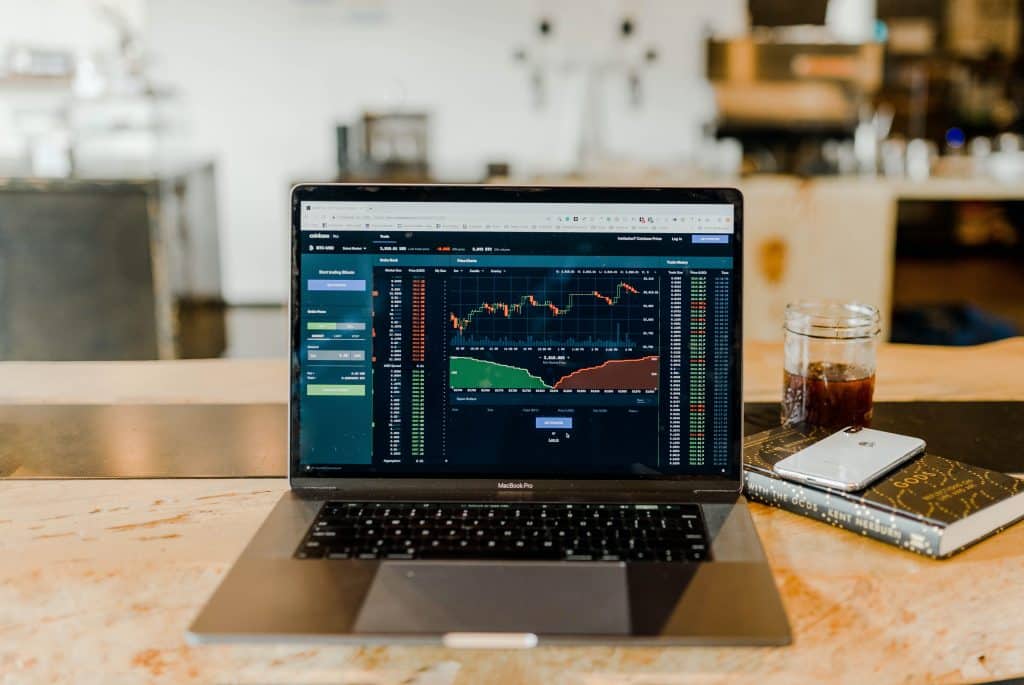Even though financial news media continues to look after links between economic activity and the stock market performance, there are limited pieces of evidence suggesting traders and investors are making their decisions based on economic indicators. The disconnect between stocks and the economy had been increasing in 2020, mainly due to several factors that will be described in the next few paragraphs.
Economy and Stock Market

Are fundamentals dead?
For the first time since the 2008 financial crisis, the world is facing a new economic downturn. The spread of COVID-19 had forced countries into imposing restrictions to prevent the spread of the virus and as it was expected, the economic consequences had been severe, especially on sectors such as tourism and transportation.
Despite that, stock market trading activity had been on the rise, especially among retail individuals that had opened new brokerage accounts at a record page. The combination of depressed economic conditions and the outperformance of the stock markets around the world is raising the question of whether fundamentals don’t matter at all anymore.
Monetary and fiscal distortions
An important contribution to the wide gap between fundamentals and stock prices came from the unprecedented monetary and fiscal support enacted by central banks and governments. To compensate for the reduced economic activity in the private sectors, the responsibility was on the public sector’s side to bridge the economy until the pandemic will be under control and things will get back to normal.
According to an IMF blog post published in October 2020, public debt is expected to grow substantially as compared to private debt. The institution is also highlighting the limited room for maneuver generated by high debt burdens, but so far, stock markets have not been paying attention to this factor.
Is the economy fragmented?

The main reason why stock markets are following closely following economic developments comes from how different economic sectors are linked to each other. Based on the economic theory, there is a smooth transition of funds between the banking sectors towards other areas but in reality, that fails to show up.
At present, there is abundant liquidity in the financial industry and the opposite situation in several economic industries, considering banks are reluctant to lend until prospects will start to improve. Money is pouring into stocks, bonds and other financial assets, as investors and traders continue to look for safety, even though returns might be smaller.
Massive fiscal stimulus and debt monetization by central banks will increase the amount of money flowing into the real economy, but one of the issues that would need to be solved is the rapidly-rising government debt.
The bottom line
In conclusion, there is no relationship between the economy and stock price, given the different conditions in the financial industry and the real economy. Adding up fiscal and monetary interventions from public institutions, the disconnect becomes even wider. Faced with currency debasement risks, investors and traders are seeing hard assets such as stocks attractive, even though the economy is still under pressure.













Leave a Reply